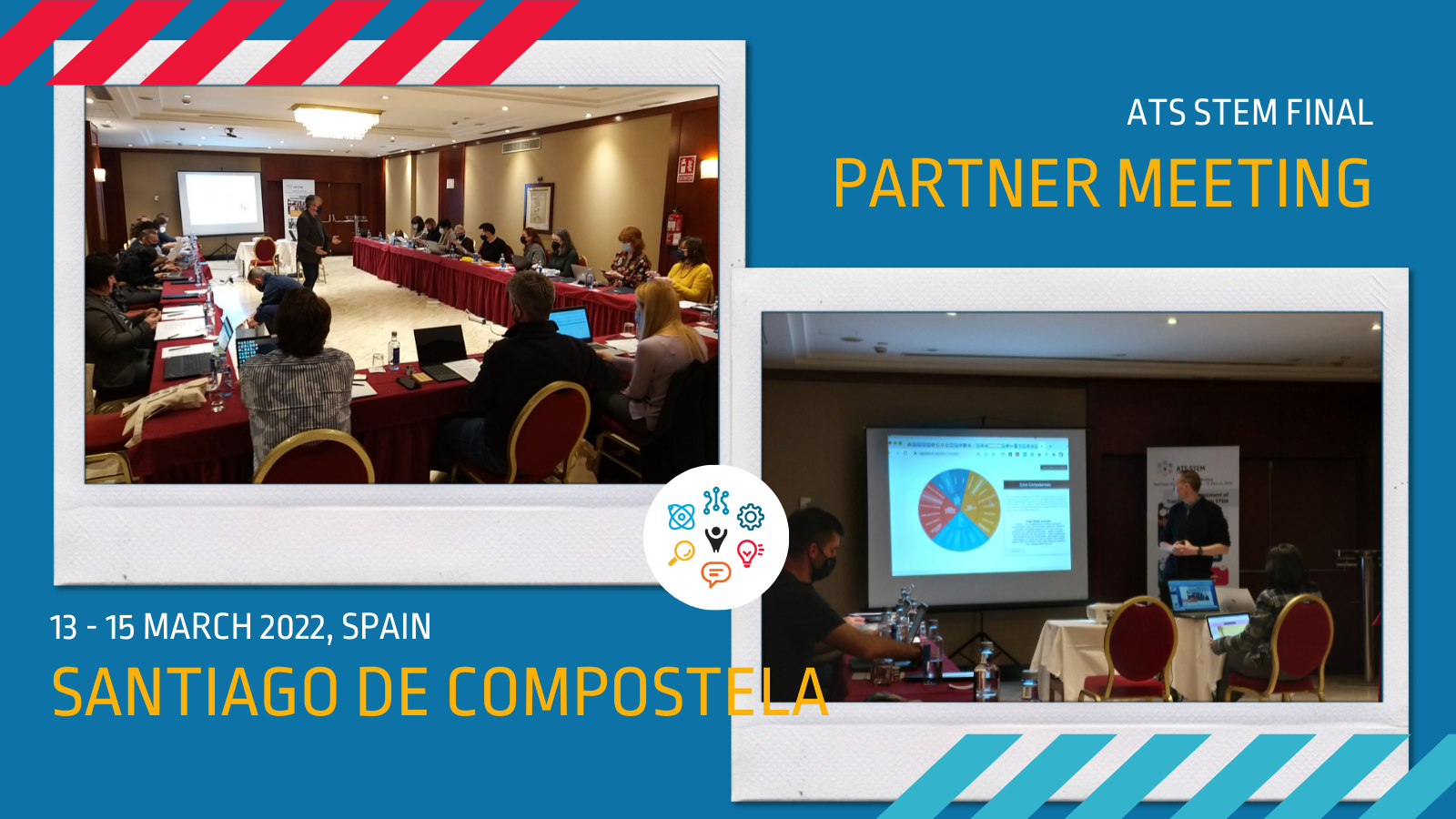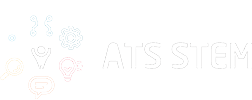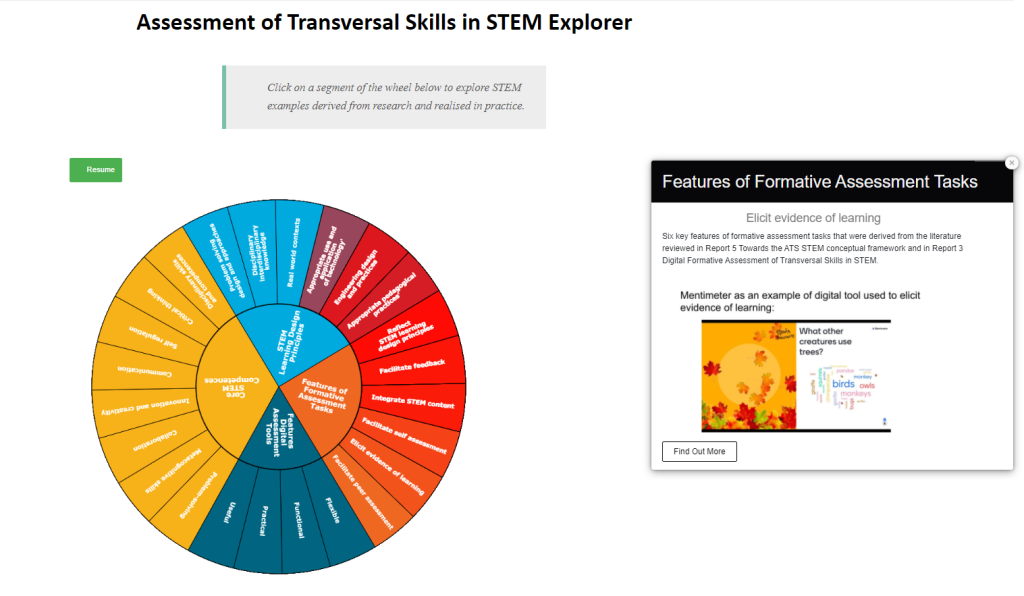
14 Mar Partner meeting in Santiago de Compostela, March 2022
Finally, we have the opportunity to meet in person, to come together in Santiago de Compostela, Spain. Out two day programme is packed with topics related to what we have already done and what still remains to be done.
ATS STEM partner meeting agenda
After receiving and finding out more about the lovely promotional material from the organiser of our meeting, colleagues from Consejería de Educación, Universidad y FP (Xunta de Galicia), to remind us of the project and meeting place, we officially started the meeting.
John and Maria (H2 Learning) presented the agenda, going over the initial Gantt chart and the final chart prepared the prolongation of the project.
[WP1 : ATS STEM Conceptual Framework] With Eamon and Lily (DCU) we dug into the framework and the digital presentation of the framework – an ‘ATS STEM wheel’ to be published on our webpage. An interesting debate developed to address questions regarding use, presentation, content and upgrade of the tool. It’s quite difficult to attract new visitors to webpages – we have to be inventive, think outside of the box to intrigue the teacher, to make them click and be interested to find out more. So, the goal is to offer some immediate info to the visitor, a pop up from the wheel and an interesting description with a button to find our more, and we have the result: a new AST STEM teacher and unit. Hopefully!
[WP3: Teachers’ Professional Development] From the framework, Jarmo (Tampere University) reviewed lessons learnt on: digital formative assessment during ATS STEM learning cycles and what was the feedback from students on certain aspects. Colleagues gave feedback from partner countries.
[WP4: Pilot Implementation] Bart (GO!) presented general findings and strong points, an overview for the Final Pilot Report, looking into numbers (schools, teachers, pupils involved) activities we have done, adjustments during the COVID period, feedback based on county reports. A short, concise roundup of what is in the Final Pilot Report.
[WP5: Pilot Implementation] Much has been done already, the results have been already presented, but there are still some open questions that Enrique and Carmen (University of Santiago de Compostela) wanted to discuss with us. Colleagues from Santiago presented the results, recommendations, challenges and doubts on a organisational as well as national level. A separate set of recommendations for stakeholders: how to stimulate this kind of teaching, how to establish the basic conditions for successful implementation. Different countries are currently on different levels so it is needed to move and change practices in place. Carmen gave us a very valuable insight on country level into gender differences and competences acquired, evaluated before and after participating in the pilot.
After a lovely and abundant lunch it was time for country presentations. Our Belgian colleagues presented their sTEM-PLE, a new framework, they are implementing in schools in Flanders. The Slovenian example was presented from three focus points – project approach, teacher feedback, national evaluator and impressions from pupils. Especially the latter was really valuable – short statement what it meant to them to participate in such a project, to work in such a way and to discover learning in a new way. We received a poster, a step by step big format to plan a ATS STEM cycle and a set of cards to get teacher during the COVID period talking about the process, to make sure that they addressed all the elements. They resulted to be very useful, the process is really much more important that the product. The materials were translated also into Irish. During this period also national recommendations were prepared. There were big challenges regarding implementation in Cyprus, not only due to COVID but also due to overall reluctance to this kind of approach. However pilot schools managed to implement 40 hours into the cycle, cases were presented. Next examples, showcases from the National External Report, from our hosts, Galician schools were presented. Tomorrow we will also have the pleasure to visit one of these schools tomorrow. Especially interesting were the final conclusions, feedback, overview from schools. Last but not least, we gained some insight into cases from Finland.



